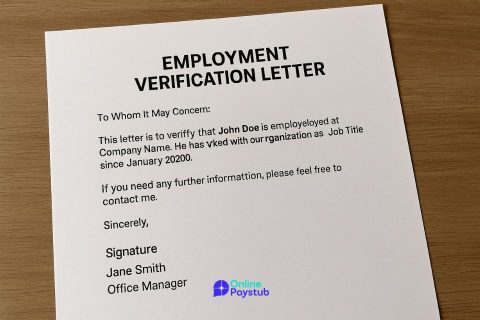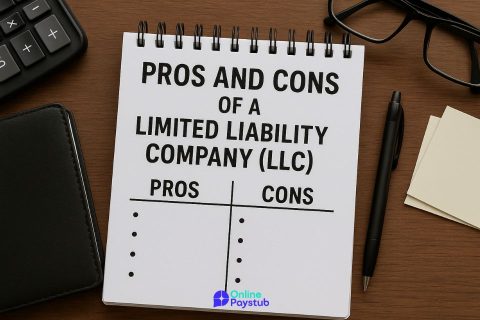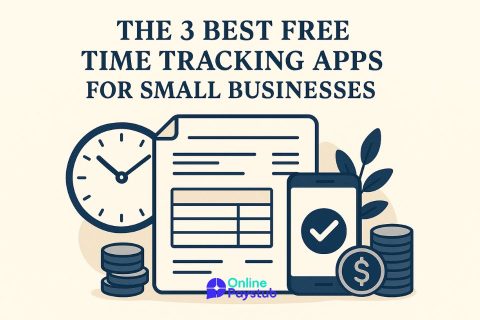An Employee Assistance Program, or EAP, is a confidential workplace service designed to support employees dealing with personal or work-related issues. These programs offer resources to help individuals navigate mental health challenges, family concerns, substance use, financial stress, and more ultimately improving well-being and job performance.
What Is an Employee Assistance Program (EAP)?
An EAP is a voluntary, employer-sponsored benefit that provides free and confidential assessments, short-term counseling, referrals, and follow-up services. The goal is to help employees address problems before they affect job performance or escalate into more serious issues.
History and Evolution of EAPs
EAPs originated in the mid-20th century as programs focused primarily on addressing alcohol abuse among workers. Over time, they evolved to encompass a broader range of mental health and wellness concerns, becoming a core component of many corporate benefits packages.
What Services Are Included in an EAP?
Typical services include:
- Mental health counseling (stress, anxiety, depression)
- Substance use and addiction support
- Financial and legal advice
- Parenting and eldercare resources
- Workplace conflict resolution
- Crisis intervention
Some programs may also extend services to employees’ immediate family members.
Who Can Access EAP Services and How?
Employees can typically access EAP services via a 24/7 phone hotline, web portal, or in-person counseling sessions. Some organizations offer on-site EAP counselors. Eligibility usually extends to full-time and part-time employees, and often to their dependents as well.
EAP Confidentiality and Legal Protections
Confidentiality is central to any EAP. Information shared during counseling or use of EAP resources is protected by federal and state privacy laws, including HIPAA. Employers are not informed of individual usage unless there’s a safety risk or the employee signs a release.
How Employers Benefit from Offering an EAP
Offering an EAP supports employee wellness, which can lead to improved productivity, lower absenteeism, and reduced healthcare costs. EAPs also help businesses build a culture of support and reduce turnover by showing employees that their well-being matters.
Common Issues Addressed by EAP Programs
EAPs help manage a wide range of challenges, such as:
- Stress and burnout
- Workplace harassment or bullying
- Grief and loss
- Family or marital problems
- Financial hardship
- Substance use or behavioral issues
How Employees Use EAPs: Access and Contact Methods
Employees can self-refer by contacting the EAP provider directly. HR teams may also suggest EAP resources during performance reviews or when signs of distress are observed. Most programs offer 24/7 support via phone or app, making access convenient and discreet.
Military and Veteran-Specific EAP Resources
Some EAPs include dedicated services for veterans and military families, addressing concerns like PTSD, reintegration stress, and service-related trauma. These programs often partner with VA services and community providers to ensure comprehensive support.
Benefits of an EAP for Small Businesses
Small businesses can benefit from offering EAPs by improving employee retention and managing health-related costs. Many third-party EAP providers offer flexible plans that are affordable even for companies with limited HR resources.
When and Why Employers Might Mandate EAP Use
In rare cases—such as following a workplace incident or behavioral concern—employers may mandate that an employee use the EAP as part of a performance improvement plan. These referrals are typically framed as supportive rather than punitive.
Regulations Affecting EAPs: ERISA, COBRA, and State Laws
EAPs may fall under ERISA if they provide medical benefits. Some may also be subject to COBRA continuation coverage. Employers must also navigate various state regulations to ensure compliance with data privacy and health benefit laws.
EAP Best Practices for Employers and HR Teams
- Promote the EAP regularly to ensure awareness
- Train managers to recognize signs of distress
- Respect confidentiality boundaries at all times
- Monitor utilization and feedback to improve offerings
- Partner with a reputable EAP provider
Choosing the Right EAP Provider
Look for EAP providers with a strong clinical background, 24/7 access, a broad range of services, and strong confidentiality standards. Check for customer support, reporting tools, and multilingual or culturally competent services.
Frequently Asked Questions About Employee Assistance Programs
Is there a cost to employees?
No. EAP services are typically free for employees, as they’re funded by the employer.
Can my manager find out I used the EAP?
No, unless you grant written consent or there’s a serious safety issue involved.
How many counseling sessions do I get?
Most EAPs offer 3–6 sessions per issue per year, depending on the provider.
Can I use the EAP outside of work hours?
Yes, services are available 24/7 through phone or online support.
Are services available for family members?
In most cases, yes immediate family members or household dependents are covered.




No comments to show.